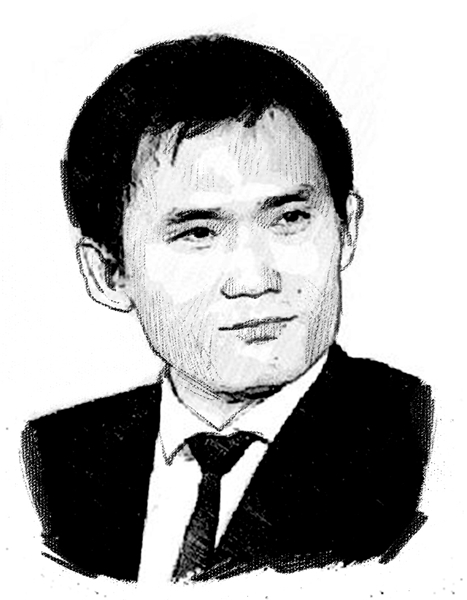Yearender: Predictions for 2016 through 20 questions
Updated: 2015-12-31 07:53
(China Daily)
|
|||||||||||
 |
|
Song Yu |
3. Will the renminbi depreciation continue?
Song Yu, chief economist at Goldman Sachs for China
Yes. Despite top policymakers reiterating their commitment to maintaining exchange rate stability and policy to keep the renminbi largely steady, uncertainty over China's foreign exchange policy and the sustainability of the Chinese currency's value remains high.
We (at Goldman Sachs) see the case for a weaker renminbi given the challenges of domestic growth and deflation and the potentially large pent-up demand of Chinese consumers for foreign assets, although we do not believe that the renminbi is greatly above fair value.
After all, China shows few symptoms of currency over-valuation. For example, China's trade surplus is still strong and Chinese exports' share in the global market has remained quite stable. But letting the exchange rate float freely could conceivably lead to large currency overshooting (much more weakening), depending on the prevailing market environment.
Our baseline expects a moderate 3 to 4 percent depreciation of the renminbi against the US dollar in 2016.
This view envisages what could be characterized as a second-best reform scenario-namely, that a favorable window of opportunity for reform will arrive and the authorities will take advantage of that to transition the renminbi regime to a market-based (clean float) one.
 |
|
Gao Ting |
4. Will the Chinese stock market see a steady boom?
Gao Ting, head of China strategy at UBS Securities Co
No. We (at UBS Securities) forecast a 1 percent profit decline for listed companies in the A-share market in 2016, compared with the estimate of 4 percent growth earlier this year. Corporate revenue will be under pressure because of weakened demand and economic deflationary pressure next year.
We expect the CSI 300 Index to be traded flat around 3,700 points by the end of 2016 (no big rise from the market at the end of 2015). The price-earning ratio is predicted to be 13.5.
Rising debt defaults by companies will hurt the asset quality of banks and reduce investors' risk appetite. In addition, based on experiences, the market does not perform well when there are strong expectations for a weaker renminbi.
But sectors such as consumption, healthcare and information technology will continue to outperform the rest of the market next year.
The weak growth momentum will weigh heavily on overall market sentiment, and the A-share market will be more liquidity-driven next year when Chinese policymakers are expected to launch more measures to stimulate growth.
The top leaders may strengthen fiscal and credit supports on infrastructure construction, but they are unlikely to launch a new round of aggressive stimulus policies.
Related Stories
Top 10 policy changes in China in 2015 2015-12-28 07:05
Yearender: Ten most talked-about newsmakers in 2015 2015-12-31 06:36
Yearender 2015: Chinese athletes of year 2015-12-29 11:29
Yearender: 2015 auctions overview 2015-12-29 11:23
Yearender: China and US in 2015 - moving forward together 2015-12-29 10:12
Yearender 2015: Key words from stories that created buzz in China 2015-12-29 07:02
Today's Top News
Storm Frank batters northern Britain
Over 1 million refugees fled to Europe by sea in 2015
Germany to spend 17b euros on refugees in 2016
Demand booms for high-end financial talent
Abe expresses apology for Korean victims of comfort women
North China encounters gas supply shortage
Asian Infrastructure Investment Bank launched
Russia says it has proof of Turkey's support for IS
Hot Topics
Lunar probe , China growth forecasts, Emission rules get tougher, China seen through 'colored lens', International board,
Editor's Picks

|

|

|

|

|

|






